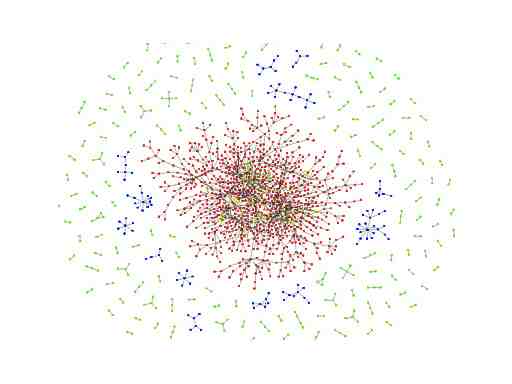I often seek out rigourous physical training. I like to push myself to the brink – I may be a bit of a clench-jawed, throbbing veins junkie. Holding myself to that physical standard while painful in the moment is intensely gratifying. This state however, is difficult to achieve on my own. I like to push myself amongst a group. There is a palpable quality that exists within a community of people; personal boundaries of possibilities are emphatically stretched in the company of others.
I recently had the torturous privilege of taking a Suzuki workshop. While physically challenging, it wasn’t the bodily rigour that stretched me. What sent me reeling was the demand that I be Perfect. This is not something we are often asked to be. Perfect – from the moment I entered the room. There was no moment to warm up into the training, no chance to learn and make mistakes. The invitation, or rather the demand was that I be an Expert. To demand more of myself than I thought I could achieve.
Counter to the common philosophy espoused in this cultural climate of forgiveness and ‘do your best and move forward’, which I am accustomed to, this call to arms was an affront. When creating or teaching, I admittedly infuse each process with (too much?) forgiveness; boundaries are permeable and the offer presented is the accepted impulse and we go with it. Creation comes from quiet listening, playing and never fearing the wrong answer because there is no right answer.
This workshop assaulted and insulted all of these individualist ideas of just ‘doing what I could’. It demanded that I set the bar at the tiptop – for myself and for my peers.
However, once there was silent communal agreement in the room that this was a demand to be met, the wattage of the room sparked and increased immeasurably. And we strove with fierce attention, to be perfect.
 There was great power in the communal raising of standards.
There was great power in the communal raising of standards.
This experience, this shift in pedagogical standards has me thinking about the standards we hold ourselves account to in … life. Big question. What if, collectively, we demanded that we be Perfect?
It seems we are falling victim to shifting standards. Services decrease or are frozen and our health care system provides less care. While we subscribe to a self defined democratic system, voting strategies leave massive portions of the population unaccounted for and silenced. On account of this, standards imperceptibly shift as we expect (and demand) less and less. We become placated by comparison and standards of “good enough”.
So I go back to this workshop and see the power of merely thinking, collectively, be perfect. This is our only chance. Collective Life and Death. Why do we settle for good enough?
This morning, President Obama announced that he has chosen openly gay delegates to represent the USA in the Sochi Olympics (CTV). While he is sending a message, does it send out the message of perfection? And will the rest of the international community now hang their opposition to the Russian homophobia on Obama’s action and retire without voicing strong objection? What if the entire global community demanded perfection of itself and of Russia? This is a question of perfection in ethics, but a low bar has been set by an international leader will that standard will now be challenged?
How might this frame of mind shift the ecology of the theatre community? A united theatrical community exists, but I wonder if our faltering set of standards is product of a prevailing individualism, where we are no longer, supportively, called to account by our peers? I want to demand of myself that I be perfect. Create each piece of theatre like it is my last. Infuse each performance I attend with the importance it deserves. Demand that the system we exist in serve the needs of the community and invite the community into the process.
I also question how our standards impact criticism. When reviews of excellence are doled out generously, are we not lowering our standards by rating the notable as excellent? While we all appreciate support and praise, is the standard for creation being held up in context of the world we live in? In-depth analysis and evaluation within cultural context will do greater service to our standard of creation than praise. Artistically, cost may be high to demand such rigour and we may all suffer from less favourable reviews but perhaps more in-depth analysis. This is one example of being held to account, which may raise help raise the bar.
I often wonder if our united sense of struggle precludes us from demanding excellence from our peers and from ourselves on account of mere survival. Would a collective shift in attention from struggle to superiority hit the refresh button? Self-imposed rigor and excellence are needed to spark higher wattage. I propose it is possible. If individually we are tasked with perfection, perhaps then we will create a community of excellence.









